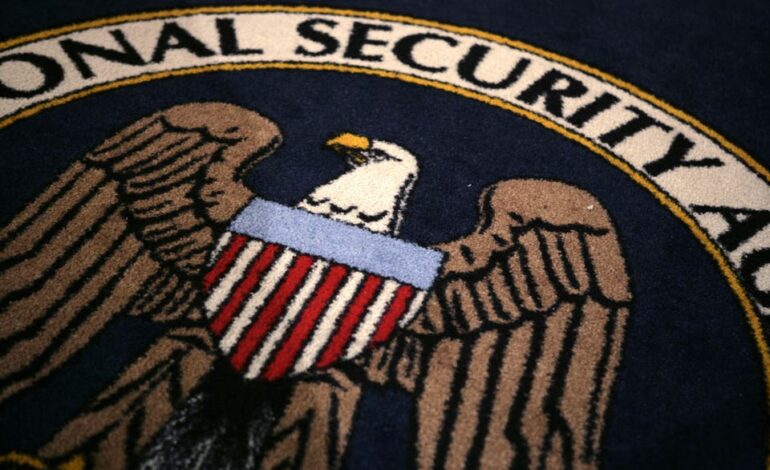NSA Urges Microsoft Users to Strengthen Security Against Hackers

The United States National Security Agency (NSA) has issued a critical advisory urging Microsoft users to enhance their security measures in light of ongoing vulnerabilities that hackers are exploiting. The warning specifically targets organizations operating on-premise Microsoft Exchange setups, but its implications extend to all users of Microsoft services. This advisory follows a similar alert from Microsoft regarding unauthorized access to unsecured accounts.
The NSA’s guidance emphasizes adopting a series of best practices designed to bolster defense against cyber threats. Key recommendations include implementing rapid patching, decommissioning outdated servers, restricting administrative access, and enabling multi-factor authentication (MFA). The agency stresses that these measures are essential to prevent unauthorized access to accounts and networks.
Despite the clear recommendations, the NSA acknowledges that many organizations have not fully adopted these security protocols. The advisory notes that “multi-factor authentication is widely recognized as one of the most important preventative security controls available today.” Yet, it remains challenging for many organizations to deploy effectively. The NSA points out that even with valid usernames and passwords, MFA can block access in over 99% of cases, a statistic that has been consistent since 2019.
Microsoft has reiterated its commitment to improving security for its users, particularly through the promotion of passwordless authentication. The company has encouraged its billion-plus account holders to transition to passkeys, which offer a more secure alternative to traditional passwords. Passkeys link account security to hardware, restricting access to devices such as phones, personal computers, or tablets.
Despite Microsoft’s initiatives, progress in adopting passkeys has been slower than anticipated. A recent report by Dashlane highlighted that Google has seen a dramatic increase in the use of passkey authentication, with a staggering 352% growth over the past year. This surge followed Google’s decision in 2023 to make passkeys the default option for personal accounts, thereby exposing hundreds of millions of users to passwordless authentication.
In contrast, while Microsoft is one of the fastest-growing domains for passkey usage, it has not reached the same level of adoption as Google. According to Dashlane, Microsoft does not rank among the top 20 most popular passkey domains, although it has experienced a 120% increase in passkey authentications. This disparity underscores the challenges that organizations face in implementing MFA compared to individual users.
The NSA’s warning comes amid a backdrop of persistent attacks on Microsoft accounts, particularly targeting Exchange environments. Organizations should consider themselves under imminent threat if they do not have robust MFA in place. The risks extend beyond the organization itself, as compromised accounts can serve as entry points for ransomware and other attacks.
As the cybersecurity landscape continues to evolve, both Microsoft and the NSA emphasize the importance of taking proactive measures to secure user accounts. Those who have not yet implemented MFA are encouraged to reconsider their security protocols. The protection of sensitive information is not only vital for organizational integrity but also for individual users who may inadvertently become victims of cybercrime.






